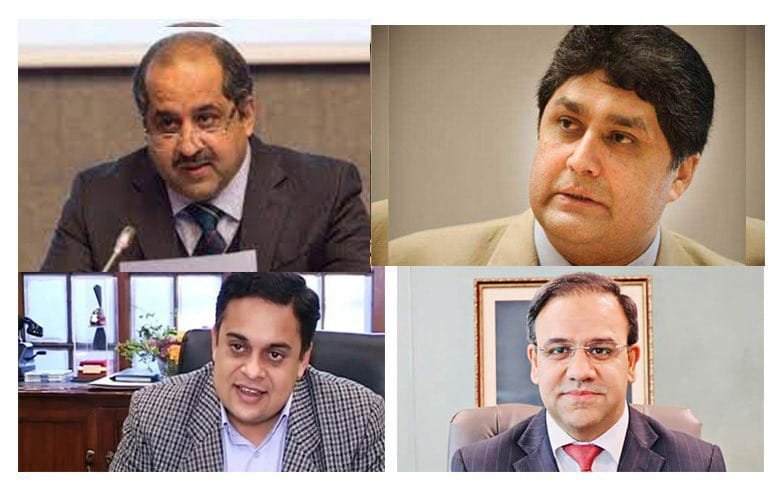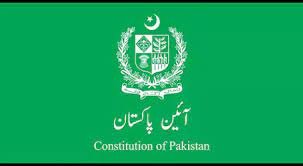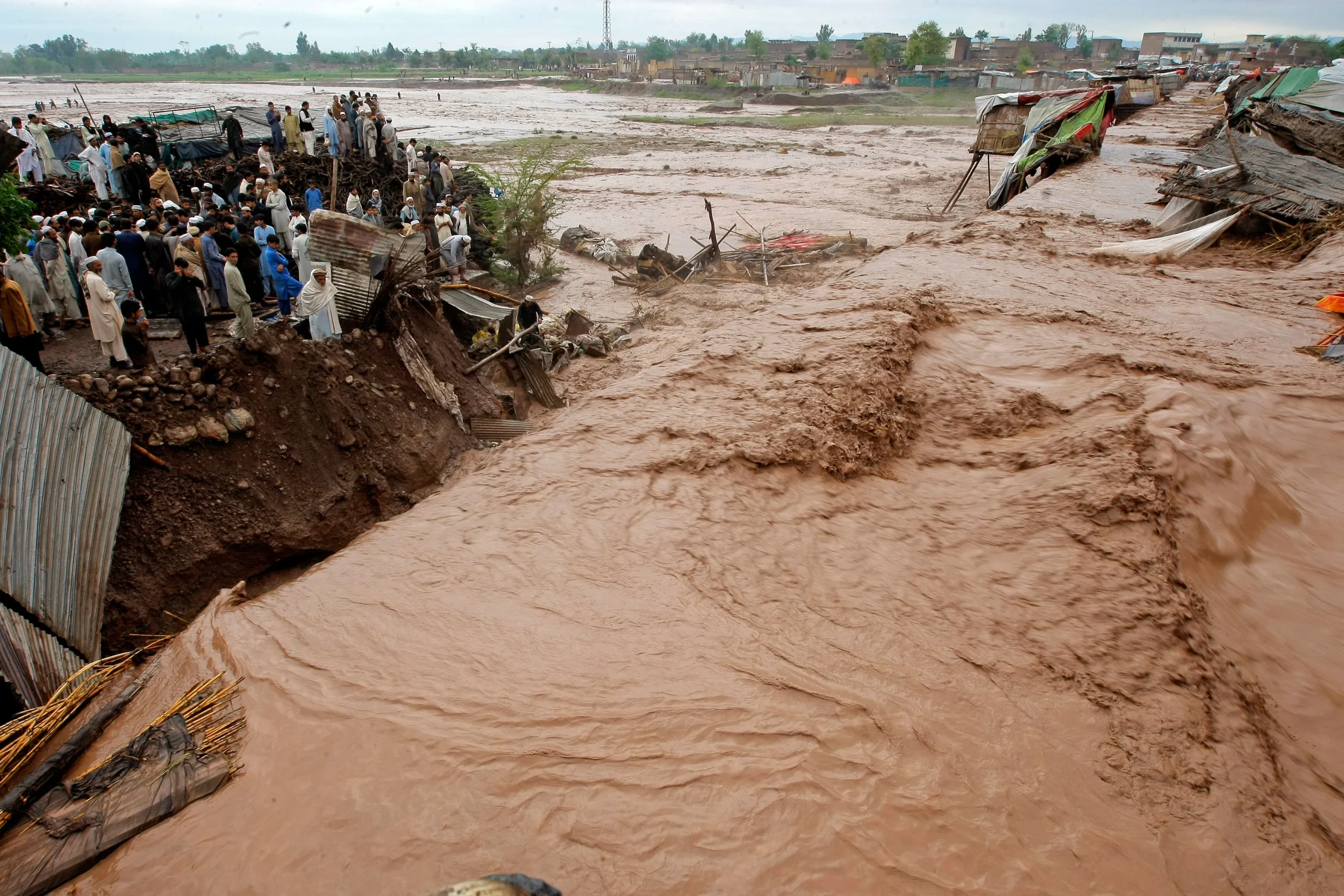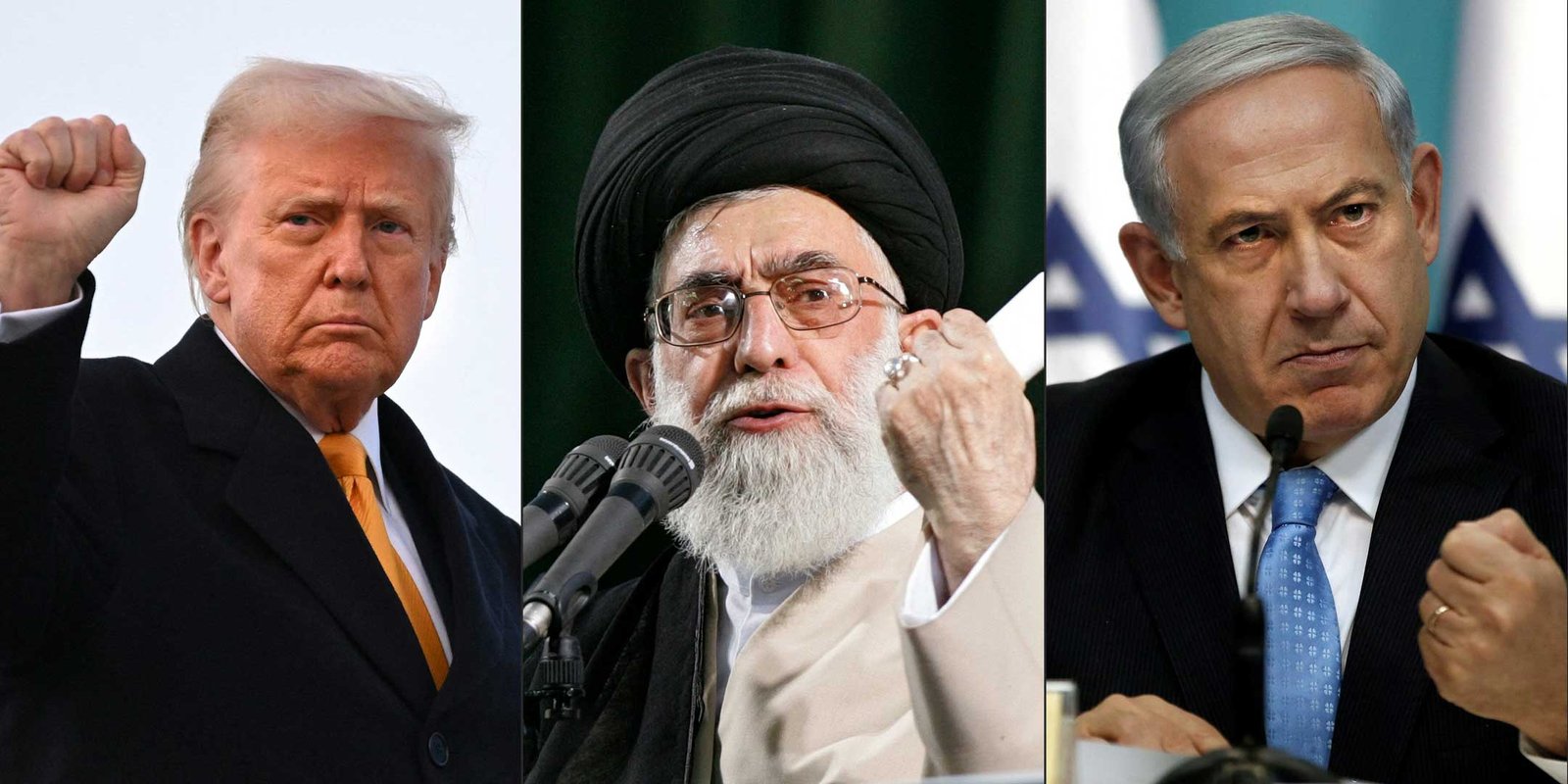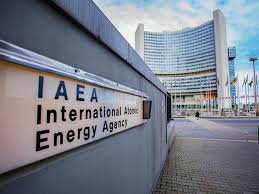Editorial
The caretaker government of Pakistan is a temporary arrangement that is supposed to ensure free, fair and transparent elections in the country. The caretaker government has a limited mandate and is expected to perform only the essential functions of the state, such as maintaining law and order, conducting the electoral process, and managing the economy. The caretaker government is not supposed to make any major policy decisions or enter into any agreements that may affect the interests of the incoming elected government. The significance of the caretaker government for free, fair and transparent elections in Pakistan can be evaluated from different perspectives.
The caretaker government can provide a level playing field for all the political parties and candidates by ensuring impartiality and neutrality in the administration, media, and security forces. The caretaker government can also prevent any misuse of state resources or influence by the outgoing government or any other vested interests. The caretaker government can also facilitate observing and monitoring the elections by domestic and international organizations and media.
The caretaker government can also face some challenges and limitations in ensuring free, fair and transparent elections in Pakistan. For instance, the caretaker government may not have enough time, authority, or capacity to address some of the structural and systemic issues that affect the quality and credibility of the elections, such as electoral reforms, voter registration, delimitation of constituencies, electoral violence, corruption, and rigging. The caretaker government may also face resistance or interference from some of the powerful actors or institutions in the country, such as the military, judiciary, bureaucracy, or religious groups. The caretaker government may also need more legitimacy or accountability in the eyes of some segments of society or political parties, who may question its composition, selection, or performance.
The caretaker government can also positively or negatively impact Pakistan’s political and social dynamics. On the one hand, the caretaker government can provide an opportunity for dialogue and consensus-building among different stakeholders on some of the country’s key issues and challenges. The caretaker government can also create a conducive environment for political participation and mobilization of the citizens, especially the marginalized groups such as women, youth, minorities, and rural populations. The caretaker government can also foster a culture of democracy and tolerance in society by respecting the diversity of opinions and preferences of the people.
On the other hand, the caretaker government can create uncertainty and instability in the country by creating a power vacuum or a transition period that some anti-democratic forces or external actors may exploit. The caretaker government can also generate some unrealistic expectations or demands from the public or the political parties that the incoming elected government may not fulfil. The caretaker government can also trigger some conflicts or controversies among different stakeholders over its role, scope, or duration. The caretaker government can also undermine the continuity or coherence of some of the policies or programs initiated by the previous or future governments.
Lastly, the caretaker government of Pakistan is a significant but complex phenomenon that has both advantages and disadvantages for ensuring free, fair and transparent elections in Pakistan. The effectiveness and efficiency of the caretaker government depend on various factors such as its composition, selection, mandate, performance, cooperation, and oversight. The caretaker government should strive to fulfil its constitutional and legal obligations while respecting the democratic rights and aspirations of the people of Pakistan.
However, presently, it seems that favorite bureaucrats of PMLN are finding their way in the care-taker cabinets. The likes of Ahad Cheema, Fawad Hassan Fawad, Tauqeer Shah, Mr Saif and others have a history of political affiliation with PMLN. Therefore, it is a moral, legal and constitutional obligation to appoint neutral and unbiased ministers in the care-taker setups for free and fair elections.
Please, subscribe the YouTube channel of republicpolicy.com
https://www.youtube.com/@TheRepublicPolicy



